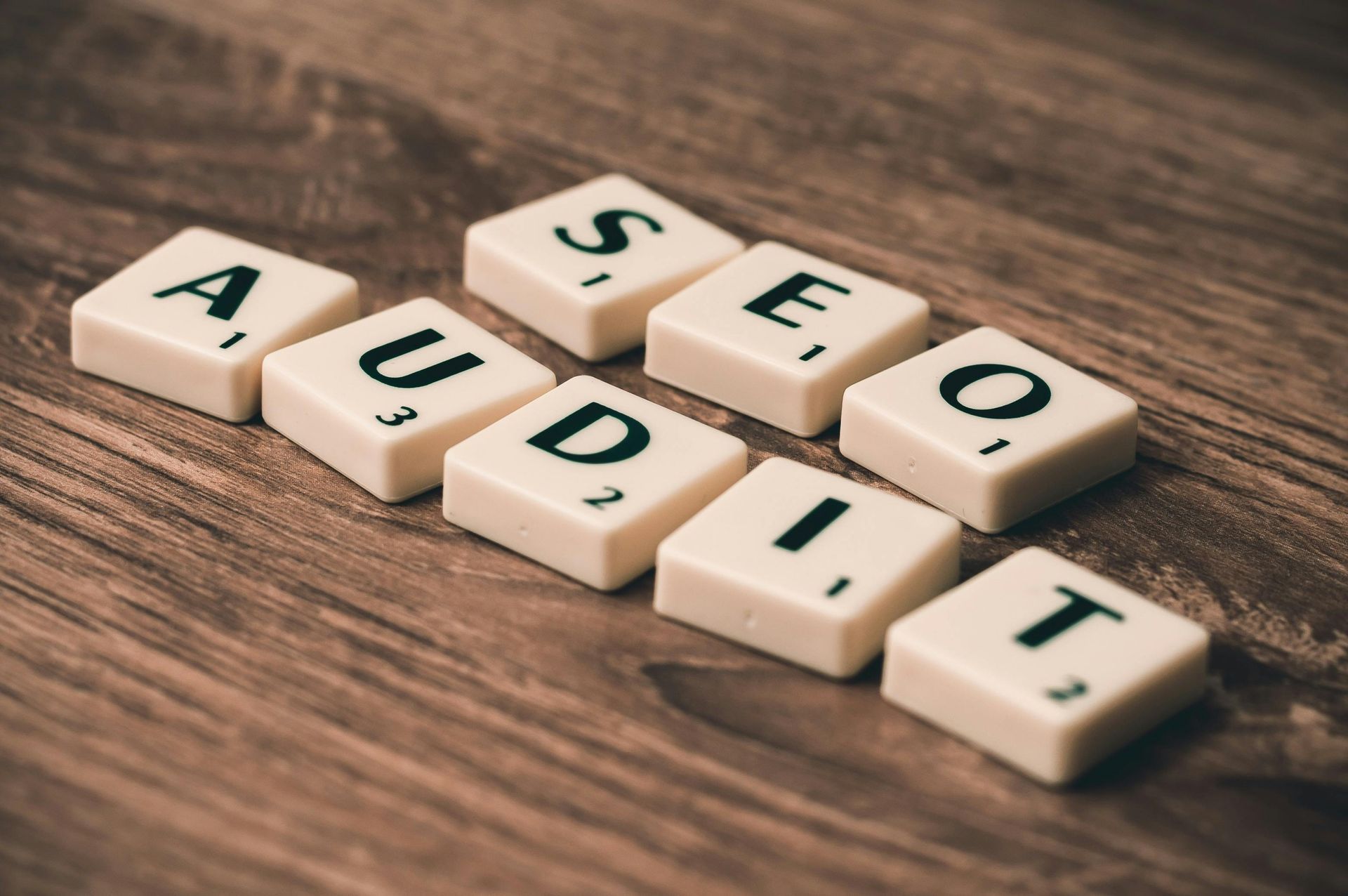If you are an online retailer and someone clicks on your page, they must be ready to buy, right?
Surely ecommerce companies don’t need much in the way of conversion rate optimisation (CRO), because shoppers are simply looking for a product and are ready to spend?
Sadly, that isn’t the case. In fact, if you run an ecommerce site, you will need CRO more than any other type of online business.
CRO is all about making the most of the visitors and customers you already have, rather than investing more time and money in attracting new visitors who may be less inclined to part with their cash.
Even if a customer is ready to buy, they are going to go elsewhere if your site is difficult to navigate or doesn’t look trustworthy. Because who would risk spending money online unless they were 100% certain that the goods are going to be of decent quality and that they are going to arrive safely and in good time?
Here are a few really good reasons why CRO is so important for your ecommerce business.
It increases online competition
You don’t need us to tell you that competition online is growing all the time. From the big high street retailers, to niche producers to the might of Amazon, which will undercut practically every other retailer in the market, they are all fighting for the same customers.
So it goes without saying that the more competition you have, the more competitive you need to be. Make it easy for your visitors to convert to customers with a website which is easy to use and automatically moves them towards the key actions you want them to take – usually purchasing a product.
Saves money
You could invest a lot of time and money into increasing visitors to your site, but discover that very few of them convert to become customers.
Alternatively, you could invest that money into CRO and making your ecommerce site better for existing visitors, so that they are more likely to make a purchase (or even become a regular customer). That way, you are actually spending less on each customer. While you might not be saving money, you are making more, so your return on investment is increased.
Rising advertising costs
Online advertising, through the likes of Google Ads and Facebook Ads, is essential for ecommerce businesses, but it isn’t cheap.
More demand for pay-per-click advertising means rising prices, which can freeze smaller businesses out of the market. And inevitably you will end up paying for a lot of clicks which don’t convert to sales.
So spend some time optimising your ads to ensure they give you the best return on your investment. Are the images right? Does the product description give a visitor all the information they will need to go ahead and make a purchase?
Rising digital marketing costs
It’s not just pay-per-click costs that are on the up, digital marketing costs are rising too. The whole point of digital marketing is to send site visitors to your product pages and encourage them to make a purchase. But how can you be sure they are going to buy?
Again, a bit of time spent on CRO on everything from your landing pages to your pricing page will help convert more of your visitors to customers, to help you combat the rising costs of digital marketing.
Short attention spans
Increasing time spent online means that attention spans are getting shorter and shorter. People want to find exactly what they want NOW. They don’t want to have to search through a lot of pages to find it and they don’t want to have to read a lot of copy when they get there.
So you need to be sure your pages load instantly, your site is easy to navigate and your copy gives all the essential information quickly and clearly. Because if it doesn’t, potential customers will go elsewhere to look for a business which can provide them with exactly what they want – and fast - even if it costs a bit more.
Social media
There are pros and cons to social media. Instagram, Facebook, Twitter and Pinterest will all help direct new visitors to your site and they’re a great way to stay in touch with existing customers.
But they also feed into the culture of the short attention span. People are used to scrolling quickly through their feeds and deciding what they are and aren’t interested in in a fraction of second. This attitude will carry across when they click through to your site. So once you’ve captured that visitor, you need to get them interested – and fast!
Use CRO to differentiate yourself from your competitors – what makes this product or your company unique? Visitors who discover your company through social media are more likely to buy into that unique thing which makes you stand out from the crowd.
Streamline your business
CRO isn’t something you just do once. A business which regularly checks and updates its CRO will be one that stays ahead of the game – and one which looks more trustworthy and legitimate than a business which very rarely updates its site.
CRO should create a clear path from your landing pages (or home page) to making a purchase. Your product types should be easy to search, delivery information should be easily accessible and your basket should be visible.
The more streamlined this process, the more likely you are to make that all important sale.
Affiliate marketing win
Many online retailers find that working with affiliate marketing (eg bloggers or social media influencers who already have an engaged audience) is a cost-effective way to reach potential new customers.
Putting work into your CRO is a win all round, because it makes your website more valuable to your affiliates. If they make more sales from click-throughs, because your website is functioning better, they will make more money at the same time as you do.
Improves the layout of your site
You will probably find your own site very easy to navigate – after all, you designed it. But is it easy for someone who doesn’t know your business as well as you do, or isn’t as internet savvy?
You may not need a full redesign, but an ongoing programme of incremental changes (always carefully tested), can help achieve more sales. Using CRO will ensure that your website makes sense to users and takes away some of the uncertainty involved in buying online.
If your site isn’t intuitive and easy to use, you can be sure that your visitors will look for one which is!
Makes a difference straightaway
Unlike search engine optimisation (SEO), which can take months to have an effect, good CRO will make a difference to your sales straightaway.
As soon as you make the changes, you will see a greater number of visitors going ahead with purchases, rather than going elsewhere to buy instead.
Once you see that difference, you need to stay on top of your CRO to ensure you stay ahead of the game and can continue to build and grow your business.
CRO is just the start. It can help you get more customers in a shorter space of time. It will enhance the work you are doing through your pay-per-click advertising, your social media and with affiliate marketers. An increase in visitors and customers through improving your CRO will help build up momentum and make your business and your products more popular – ultimately bringing even more traffic to your site.
As an ecommerce business, you really can’t afford to ignore CRO.









